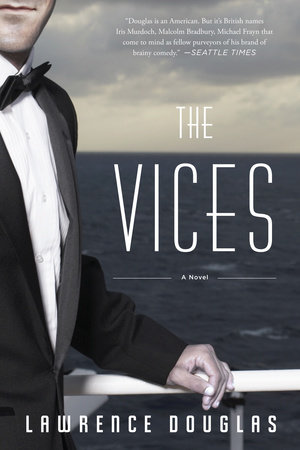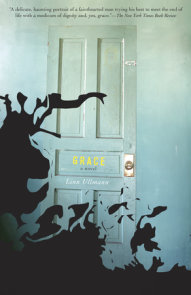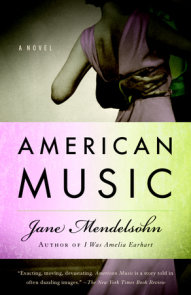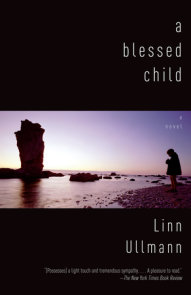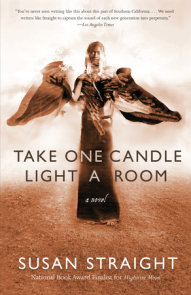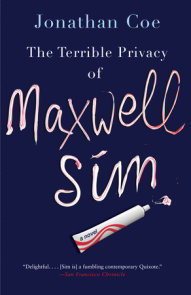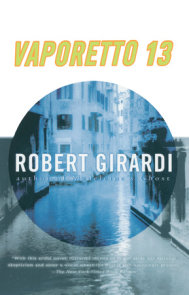READERS GUIDE
Questions and Topics for Discussion
1. In the opening chapter, the narrator confesses his initial aversion to Oliver Vice; “I’d met Oliver a dozen years earlier, and took an immediate dislike to him.” (p 17) Does this original opinion ever make you doubt his reliability as a narrator? As the story progresses, how would you characterize the narrator’s complicated relationship with Oliver?
2. The circumstances of both Sophia Baum’s death and Oliver’s disappearance from the Queen Mary 2 are ambiguous. How does the narrator’s inability to pinpoint the precise circumstances of these two losses affect his assessment of their lives? What conjectures does he make?
3. A common theme in The Vices is the act of appropriating true stories for literary creation. The narrator admits that his first novel is modeled on an acquaintance who, upon reading it, declared the book “an act of theft.” (p 165) The narrator concludes in retrospect that “writing about someone dear…is always part homage, part predation.” (p 165) Discuss this connection between art and reality, and the narrator’s decision to continue to use Oliver Vice’s story for his next book.
4. Authenticity is another motif in the novel. Why does the narrator initially suspect the Vice family’s art collection to be counterfeit? See Oliver’s letter to the narrator detailing the Pascin forgery—why does he decide to keep the painting, knowing it’s a fake? (p 217)
5. Look at specific passages in the book that describe Francizka. What kind of mother is she? What are her reasons for hiding the past from her children? Do these motivations make her a redeemable character?
6. The narrator hints from the beginning that he and Mel will eventually separate. What did you think of the scene when Oliver was staying at their house after Sophia’s death? (p 240) Were you surprised by Oliver’s behavior? Is Oliver the direct reason for their separation? What other factors play a part in the breakup?
7. The narrator can’t believe that Oliver is ambivalent about his biological father, and calls him “The philosopher of identity who has no idea who he is!” (p 181) When Olivia shares the story of Oliver’s father’s Holocaust survival and reveals their Jewish ancestry, a part of Oliver’s identity is revealed. (p 298) Examine this relationship between history and identity. Do you think Oliver knew that Francizka was hiding the past from him?
8. Mel says to the narrator, referring to Oliver: “You don’t want to write about him, you want to be him.” (p 245) Is there truth to Mel’s statement? Find passages that confirm or refute this observation.
9. After losing his mother and brother, Bartholomew seems to thrive, losing weight and even finding a girlfriend. The narrator observes, “I assumed her death would leave him undone, but Bart had undergone a remarkable change since I’d last seen him. At the funeral he carried himself with strength.” (p 329) What is the cause of this unexpected personality change? Was Bartholomew jealous of Oliver? Was his outward devotion to Francizka merely an act?
10. When the narrator travels to London, he observes Oliver and Jean’s unconventional arrangement firsthand, finally understanding the Oliver’s cryptic remark at their first outing: “Have you ever fallen in love with someone you’re not attracted to?” (p 27) Does Jean seem to accept the limits of their relationship? What do you think makes Oliver so desperate to stay with her, despite sabotaging his other relationships?









